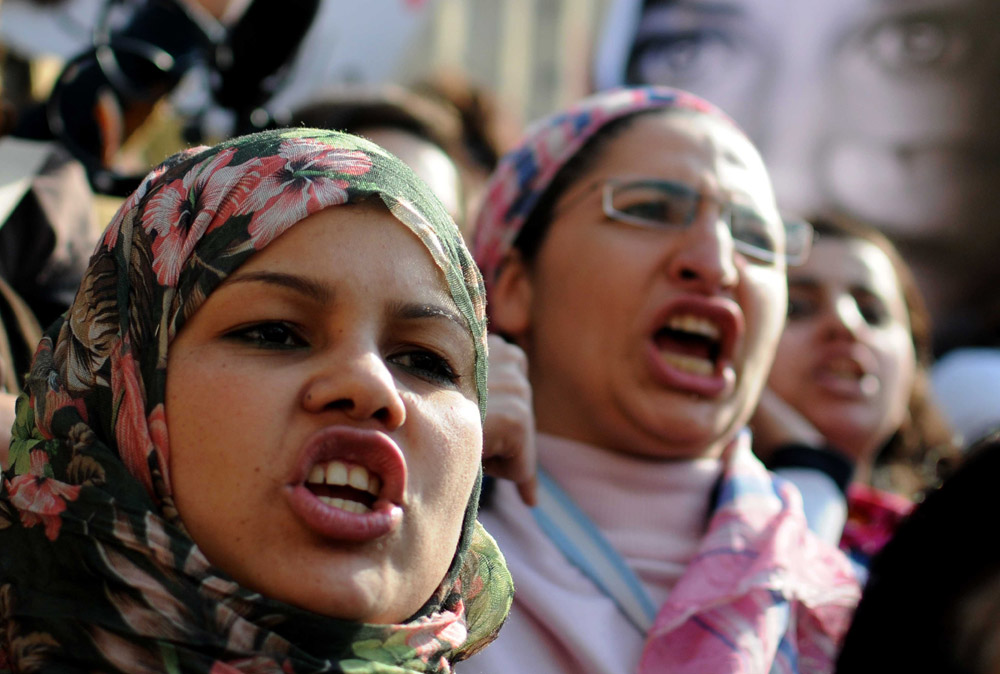Iran’s foreign ministry spokesman, Esmail Baghaei, accused the European “Troika” of Britain, Germany, and France on Monday of using the nuclear deal’s “trigger mechanism” to impose US demands on the UN Security Council, calling diplomacy with them “futile.”
“The conditions of the three European countries in exchange for not implementing the trigger mechanism are illogical and unreasonable,” Baghaei said, according to Iranian media, referring to the reimposition of UN sanctions that were suspended under the 2015 nuclear deal.
“The three European countries have not shown themselves to be a party with independent political will, and therefore the upcoming circumstances will be different,” he said. “We believe that the path of diplomacy is never closed, and whenever we find diplomacy to be fruitful, we will not hesitate to use it. However, the three European countries have proven that diplomacy with them is futile.”
Baghaei stated that while his country “still believes the path of diplomacy remains open,” there is “currently no plan for negotiations with the European Troika.” He said Tehran is focused on “assessing the consequences of the actions taken by these countries and the United States.”
Last month, the United Nations reimposed sanctions related to Iran’s nuclear programme after the European Troika activated the “trigger mechanism,” accusing Tehran of violating the 2015 agreement.
‘No legal legitimacy’
Responding to a question about Foreign Minister Abbas Araghchi’s meeting with UN Secretary-General António Guterres, Baghaei said Iran had detailed its legal arguments for why it considers the reimposition of sanctions to be illegal.
“We must take into account that the decisions previously made regarding the Iranian nuclear file were issued unanimously,” he said. “Today, the situation is different, as two permanent members of the Security Council opposed the European action, which indicates a lack of consensus.”
He argued that the European move “lacks a legal basis and causes legal confusion,” describing it as an “act of stubbornness in response to America’s demands, without regard for Europe’s own interests.”
“We believe that what the UN Secretariat has done has no legal legitimacy,” he added.
Baghaei noted that Iran had adhered to the nuclear deal until 2019, but then decided to reduce its commitments following the US withdrawal and the failure of other parties to fulfil their obligations. “Legally and logically, none of the other four parties had the right to resort to the dispute resolution mechanism,” he said.
Progress on Iran-France prisoner swap
In a separate development on Monday, both Iran and France hinted at progress in talks aimed at releasing two French citizens held in Iran in exchange for an Iranian national detained in Paris.
Iran has been holding Cécile Kohler and her partner Jacques Paris since 2022, accusing them of spying for Israel’s Mossad intelligence agency, a charge France denies. France has repeatedly accused Iran of arbitrarily detaining the pair in conditions akin to torture at Tehran’s Evin prison.
Last month, Iranian Foreign Minister Abbas Araghchi suggested a possible swap for Mahdieh Asfandyari, an Iranian student living in Lyon who was arrested this year over anti-Israel social media posts.
“The decision regarding the release of these two individuals and Ms. Asfandyari is currently under consideration by the relevant authorities,” spokesman Baghaei said at a press conference on Monday. “We hope this will happen soon once the necessary procedures are completed.”
In Paris, outgoing French Foreign Minister Jean-Noël Barrot told France Inter radio on Monday: “We have strong prospects of bringing them back in the coming weeks.”
Adding to the signs of a potential deal, Iran’s semi-official Tasnim news agency reported that the judiciary had on Monday cleared a French-German dual national, Lennart Monterlos, of espionage charges. Monterlos, 18, was arrested in June.
In September, France dropped a case it had brought against Iran at the International Court of Justice (ICJ) over the alleged violation of consular protection rights for its citizens, a move seen as a signal of progress in the talks.



